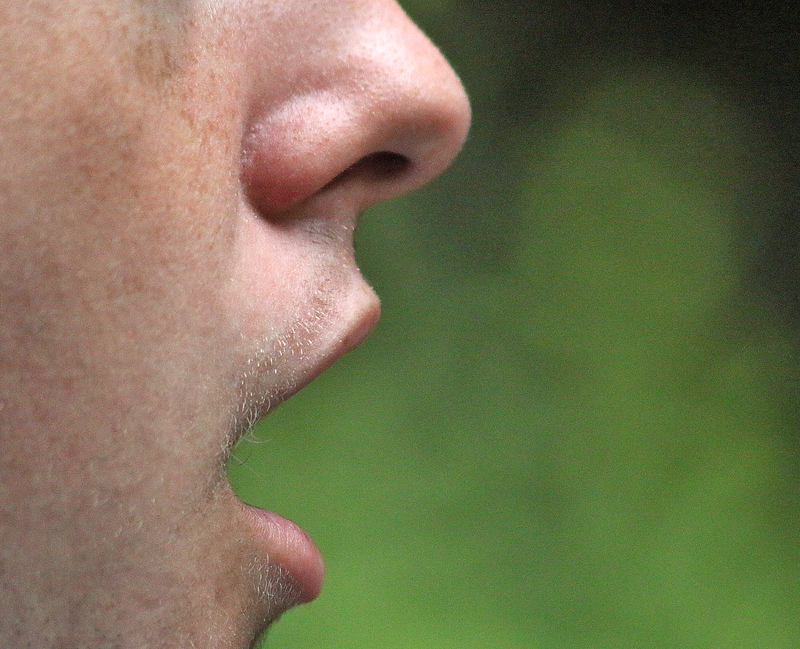The media briefing which occurred earlier today, Wednesday, March 11, 2020 included the first time that the World Health Organization officially declared that the 2019 Novel Coronavirus — which is also known as COVID-19 or 2019-nCoV — has reached pandemic disease status.
Pandemic of 2019 Novel Coronavirus Declared by World Health Organization
The following paragraphs are excerpts from a statement issued earlier today by Tedros Adhanom Ghebreyesus — who earned a doctorate of philosophy in the United Kingdom and has been the current Director-General of the World Health Organization since he was elected to that position on Tuesday, May 23, 2017 — in his opening remarks at the aforementioned media briefing:
Pandemic is not a word to use lightly or carelessly. It is a word that, if misused, can cause unreasonable fear, or unjustified acceptance that the fight is over, leading to unnecessary suffering and death.
Describing the situation as a pandemic does not change WHO’s assessment of the threat posed by this virus. It doesn’t change what WHO is doing, and it doesn’t change what countries should do.
We have never before seen a pandemic sparked by a coronavirus. This is the first pandemic caused by a coronavirus.
And we have never before seen a pandemic that can be controlled, at the same time.
Although one cannot spell the word pandemic without all of the letters in the word panic, that does not mean that panic is what we should do next…
…so first, a pandemic — as officially defined by the World Health Organization back on Wednesday, February 24, 2010, when the swine flu was the virus du jour — “is the worldwide spread of a new disease.” Other organizations and dictionaries generally agree with this simple definition, which does not necessarily infer widespread death and a bleak dystopian future.
Second, the latest statistics at the time this article was written are that at least 4,291 people have died of the minimum of 118,000 confirmed cases in 114 countries and territories worldwide, according to the aforementioned opening remarks at the media briefing — and “thousands more are fighting for their lives in hospitals.”
Third, the situation will get worse before it gets better — but it will get better: although a pandemic has never been sparked by a coronavirus in recorded history, it can be controlled, as “Several countries have demonstrated that this virus can be suppressed and controlled.”
A Brief History of the 2019 Novel Coronavirus
The 2019 Novel Coronavirus was first identified in Wuhan, which is located in the Hubei Province of China.
https://twitter.com/anthaswft/status/1220770679869624323
“Coronaviruses are a large family of viruses, some causing illness in people and others that circulate among animals, including camels, cats and bats. Rarely, animal coronaviruses can evolve and infect people and then spread between people such as has been seen with MERS and SARS. Past MERS and SARS outbreaks have been complex, requiring comprehensive public health responses”, according to this summary from the Centers for Disease Control and Prevention. “When person-to-person spread has occurred with MERS and SARS, it is thought to have happened via respiratory droplets produced when an infected person coughs or sneezes, similar to how influenza and other respiratory pathogens spread. Spread of MERS and SARS between people has generally occurred between close contacts. Past MERS and SARS outbreaks have been complex, requiring comprehensive public health responses.”
Several known coronaviruses infect people and usually only cause mild respiratory disease, such as the common cold — but officials at both the Centers for Disease Control and Prevention and the World Health Organization are concerned about this latest outbreak.
The summary continues with how early on, “many of the patients in the outbreak in Wuhan, China reportedly had some link to a large seafood and animal market, suggesting animal-to-person spread. However, a growing number of patients reportedly have not had exposure to animal markets, suggesting person-to-person spread is occurring. At this time, it’s unclear how easily or sustainably this virus is spreading between people.”
The current level officially advised by the Centers for Disease Control and Prevention is to practice usual precautions, which at Level 3 is the highest level:
Warning — Level 3, Avoid Nonessential Travel
Alert — Level 2, Practice Enhanced Precautions
Watch — Level 1, Practice Usual Precautions
What You Should Do
You actually do have some control over the spread of the 2019 Novel Coronavirus — even if not everything is known about it yet; and even if your control is limited.
No vaccine exists to prevent contracting the 2019 Novel Coronavirus disease, as the best way to prevent illness is to avoid being exposed to this virus; so if you need only one way to reduce your chances of contracting it, here it is — and it should be of no surprise to you as a reader of The Gate:
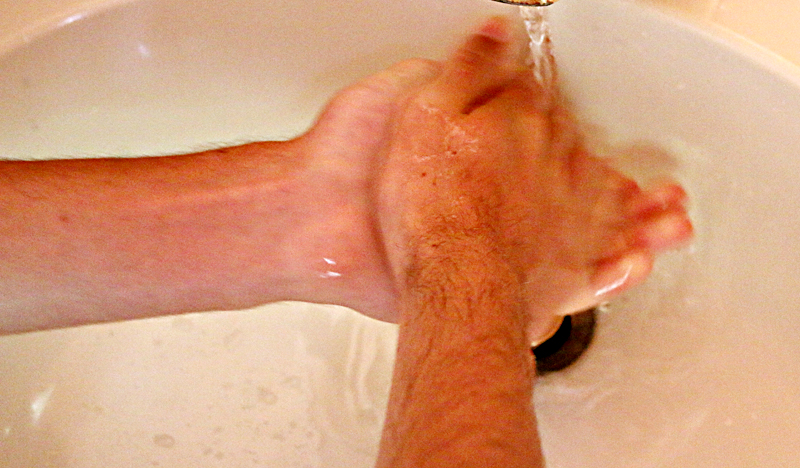
WASH YOUR HANDS PROPERLY!!!
I have been espousing this advice repeatedly for years — to the point where some readers of The Gate have ridiculed me about it — but I vehemently believe that had people around the world washed their hands properly, the 2019 Novel Coronavirus would not have spread as much as it has; that it would have been better contained; and that no one would be worrying about it approaching pandemic status.
I intend to write a revised article pertaining to washing your hands properly and effectively, as I have not suffered from a virus of any kind in years — and no, you do not need to be obsessive or compulsive about constantly washing your hands either for a better chance to stay healthy.
The Centers for Disease Control and Prevention always recommends everyday preventive actions to help prevent the spread of respiratory diseases — including:
- Avoid close contact with people who are sick.
- Avoid touching your eyes, nose, and mouth.
- Stay home when you are sick.
- Cover your cough or sneeze with a tissue, then throw the tissue in the trash.
- Clean and disinfect frequently touched objects and surfaces using a regular household cleaning spray or wipe.
- Follow CDC’s recommendations for using a facemask.
- CDC does not recommend that people who are well wear a facemask to protect themselves from respiratory diseases, including COVID-19.
- Facemasks should be used by people who show symptoms of COVID-19 to help prevent the spread of the disease to others. The use of facemasks is also crucial for health workers and people who are taking care of someone in close settings (at home or in a health care facility).
- Wash your hands often with soap and water for at least 20 seconds, especially after going to the bathroom; before eating; and after blowing your nose, coughing, or sneezing.
- If soap and water are not readily available, use an alcohol-based hand sanitizer with at least 60% alcohol. Always wash hands with soap and water if hands are visibly dirty.
In addition to the three videos pertaining to the 2019 Novel Coronavirus which have been released, the World Health Organization has a similar list of basic recommendations pertaining to protecting yourself from contracting the 2019 Novel Coronavirus — including:
- Clean your hands properly, regularly and thoroughly with soap and water — or use an alcohol-based hand rub when soap and water are not immediately available.
- Avoid touching your eyes, nose and mouth unless you have just thoroughly washed your hands. Hands touch many surfaces and can pick up viruses. Once contaminated, hands can transfer the virus to your eyes, nose or mouth. From there, the virus has a better chance of entering your body than at other areas of your body and can make you sick.
- Maintain social distancing: stay at least one metre or three feet of distance between yourself and anyone who is coughing or sneezing. When someone coughs or sneezes, he or she sprays small liquid droplets from their nose or mouth which may contain a virus. If you are too close, you can breathe in the droplets — including the COVID-19 virus — if the person coughing has the disease.
- Practice responsible respiratory hygiene by ensuring that you — as well as the people around you — follow good respiratory hygiene because droplets spread viruses. By following good respiratory hygiene, you protect the people around you from viruses such as cold, flu, and the COVID-19 virus. Cover your mouth and nose with your bent elbow; or use a tissue when you cough or sneeze. Once used, dispose of the tissue immediately in a proper receptacle.
- Stay home if you do not feel well. If you have a fever, cough, and difficulty breathing, seek medical attention as soon as possible and call in advance. Follow the directions of your local health authority. National and local authorities will have the most up to date information on the situation in your area. Calling in advance will allow your health care provider to quickly direct you to the right health facility. This will also protect you and help prevent spread of viruses and other infections.
Is Wearing a Mask Effective Against 2019 Novel Coronavirus?
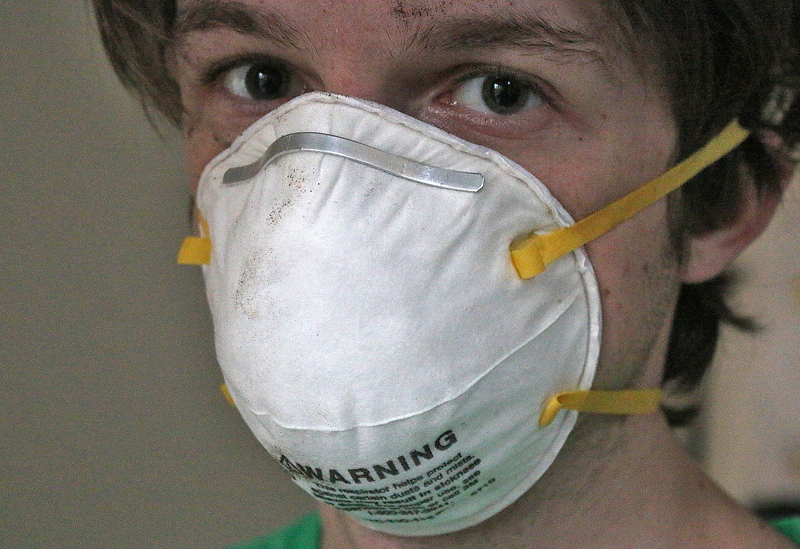
The 2019 Novel Coronavirus has people around the world in a widespread panic and taking measures to protect themselves. One thing people are doing is purchasing masks for their faces; and some people are so desperate to obtain masks — whose supplies have been depleted in many stores — that they have plotted to steal them from the offices of doctors, hospitals, and medical research facilities.
“Not just people taking a couple or three, I mean just actual thefts of those products,” Andrew Cuomo — who is the current governor of New York — said at a press conference from the state capital in Albany, according to this article written by Noah Higgins-Dunn for CNBC. “I’ve asked the state police to do an investigation, look at places that are selling masks, medical equipment, protective wear, feeding the anxiety.”
Are masks really effective in protecting yourself against the possibility of contracting the 2019 Novel Coronavirus?
The answer essentially is: not really.
Knowing when and how to use a mask — as well as the proper way to dispose of it — is important; but you are likely not a candidate to need to wear a mask.
If you are healthy, you only need to wear a mask if you are taking care of a person with a suspected infection of the 2019 Novel Coronavirus, according to this article from the World Health Organization. Masks are only effective when used in combination with frequent — and proper — washing and cleaning of hands with soap and water; or rubbing your hands with a product which includes alcohol as its base.
Otherwise, you do not need to wear a mask to stay healthy.
Rather, wearing a mask is more effective to prevent the spread of 2019 Novel Coronavirus to other people. Wear a mask if you are coughing or sneezing.
How to Wear a Mask — and the Proper Way to Dispose of a Used Mask
https://www.youtube.com/watch?v=lrvFrH_npQI&feature=emb_logo
If you wear a mask, then you must know how to use it and dispose of it properly:
- Before putting on a mask, clean hands with alcohol-based hand rub or soap and water.
- Cover mouth and nose with mask and make sure there are no gaps between your face and the mask.
- Avoid touching the mask while using it; if you do, clean your hands with alcohol-based hand rub or soap and water.
- Replace the mask with a new one as soon as it is damp and do not re-use single-use masks.
- To remove the mask: remove it from behind — do not touch the front of mask; discard immediately in a closed bin; clean hands with alcohol-based hand rub or soap and water.
Protection Measures For Persons Who are In — or Have Recently Visited During the Past 14 days — Areas Where 2019 Novel Coronavirus is Spreading
If you are in — or have recently visited during the past 14 days — areas in the world in which the 2019 Novel Coronavirus has been spreading the fastest, then in addition to following the aforementioned guidance:
- Stay at home if you begin to feel unwell, even with mild symptoms such as headache and slight runny nose, until you recover. Avoiding contact with others and visits to medical facilities will allow these facilities to operate more effectively and help protect you and others from possible 2019 Novel Coronavirus and other viruses.
- If you develop fever, cough, and difficulty breathing, seek medical advice promptly as this may be due to a respiratory infection or other serious condition. Call in advance and tell your provider of any recent travel or contact with travelers. Calling in advance will allow your health care provider to quickly direct you to the right health facility. This will also help to prevent possible spread of the 2019 Novel Coronavirus and other viruses.
Where Not to Currently Visit — Or At Least Exercise Increased Caution When Visiting
The Bureau of Consular Affairs of the Department of State of the United States has issued Level 4 warnings — meaning do not travel — to the following countries and regions:
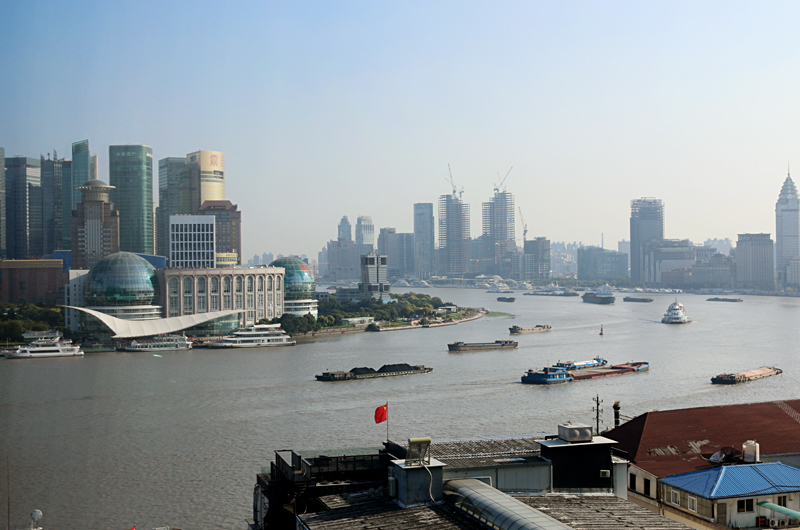
In addition, The Bureau of Consular Affairs of the Department of State of the United States has issued Level 3 warnings — meaning reconsider travel — to the following countries and regions:
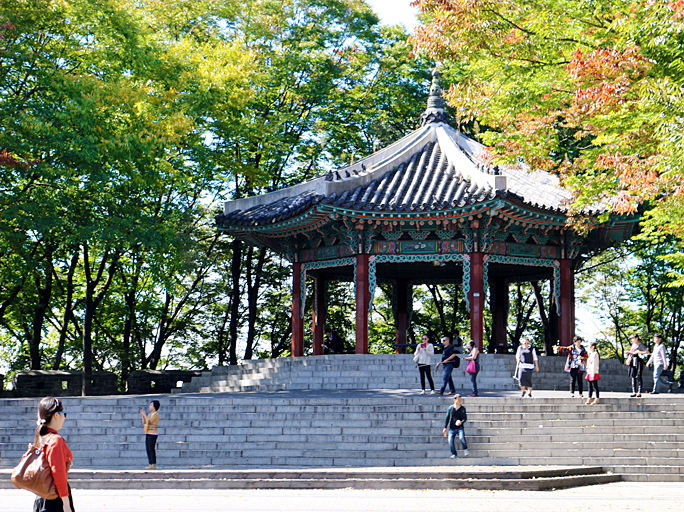
In addition, The Bureau of Consular Affairs of the Department of State of the United States has issued Level 2 warnings — meaning exercise increased caution when traveling to the following countries and regions:
Should You Travel?
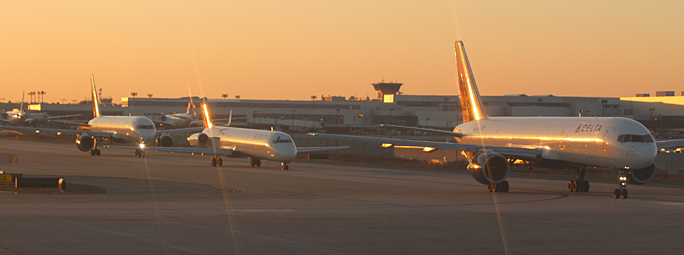
The majority of confirmed cases are people who are older than 45 years of age, and many of them have already had underlying health concerns. If you are a healthy human being who is not traveling to one of the aforementioned areas of the world where travel is officially not advised, enjoy your travels elsewhere. If you have a history of respiratory illness, an auto-immune disorder, or some other weakening of your health, you should strongly consider postponing your travel plans.
The 2019 Novel Coronavirus situation is expected to generally diminish when the weather becomes less conducive to the spread of the virus as the air temperatures become gradually warmer during the spring and summer seasons in the northern hemisphere. Although this forecast is not guaranteed by any means, you may not want to cancel your trip just yet if you are scheduled to travel in June or thereafter.
Before you travel, however, ensure that your travel plans are successful during this time until the world eventually returns back to normal. In the meantime, expect flights, major events, and other components of travel to be artificially limited during the current mass hysteria which may affect your travel schedule in the next few months.
Summary
According to the World Health Organization, “Most people who become infected experience mild illness and recover, but it can be more severe for others.”
Nobody seems to be hysterical about the statistics imparted at the beginning of this article to violence, being on the road, and smoking. Few people seem to be worried about contracting avian flu, swine fever, the Ebola virus, and other illnesses which portended to plague the world.
Should you panic about the 2019 Novel Coronavirus?
NO.
Should you worry about the 2019 Novel Coronavirus?
NO.
Should you be concerned about the 2019 Novel Coronavirus?
YES. Simply take the proper — and logical — precautions to help both prevent the further spread of this disease and to reduce your chances of contracting it. Stay informed on the latest developments pertaining to the 2019 Novel Coronavirus. Follow advice given by your health care provider, your national and local public health authority, or your employer on how to protect yourself and others from contracting the 2019 Novel Coronavirus.
In fact, you should be more concerned about the widespread concern pertaining to the 2019 Novel Coronavirus, which will likely affect you or impact you more than the virus itself.
Unfortunately, we have media outlets which are obsessed with intentionally scaring the public into a frenzy, politicians who have no idea about what they are talking, people quarantined around the world, stock markets plummeting, airlines reducing the number of flights they operate by the thousands, hundreds of hotel and resort properties temporarily shut down, marathons and major events being canceled left and right worldwide, schools closing, people unfairly discriminating against others who may have been exposed to the virus, hand sanitizer and alcohol being quickly wiped off of the shelves in stores, pharmacies inundated with frightened customers, and scams starting to emerge and take advantage of unsuspecting individuals.
This article is the latest in a series pertaining to the 2019 Novel Coronavirus in an effort to get the facts out with information derived from reliable sources.
Other articles at The Gate which pertain to the 2019 Novel Coronavirus include:
- Official Warning Issued Against Travel by Cruise Ship Due to 2019 Novel Coronavirus by the Department of State of the United States
- Now the Entire Country of Italy is Under Quarantine
- 16 Million People Quarantined in Northern Italy
- Are Masks Effective Against 2019 Novel Coronavirus That People are Stealing Them?
- As Many as 46,000 People May Have Died in the United States Alone From…
- Lodging Companies Issue Travel Waivers and Elite Status Extensions 2020 Due to 2019 Novel Coronavirus
- Update: More Airlines Suspended Change and Cancellation Fees 2020 Due To Coronavirus
- Airlines Which Suspended Change and Cancellation Fees 2020 Due To Coronavirus
- Should You Be Concerned About Coronavirus?
- Travel Alert February 2020: Italy Now Affected by 2019 Novel Coronavirus
- Travel Alert February 2020: Northern Italy Now Affected by 2019 Novel Coronavirus
- Travel Alert February 2020: South Korea Now Affected by 2019 Novel Coronavirus
- A Deal to Antarctica Because of 2019 Novel Coronavirus — But Hurry
- Update: Do Not Travel to China Due to 2019 Novel Coronavirus, Says United States Department of State
- Travel Alert January 2020: Hong Kong Now Affected by 2019 Novel Coronavirus
- Update January 2020: Additional Airlines Issue Travel Waivers for 2019 Novel Coronavirus
- Travel Alert January 2020: 2019 Novel Coronavirus Affecting Air Travel
All photographs ©2014, ©2015, ©2016, ©2018, and ©2020 by Brian Cohen.
